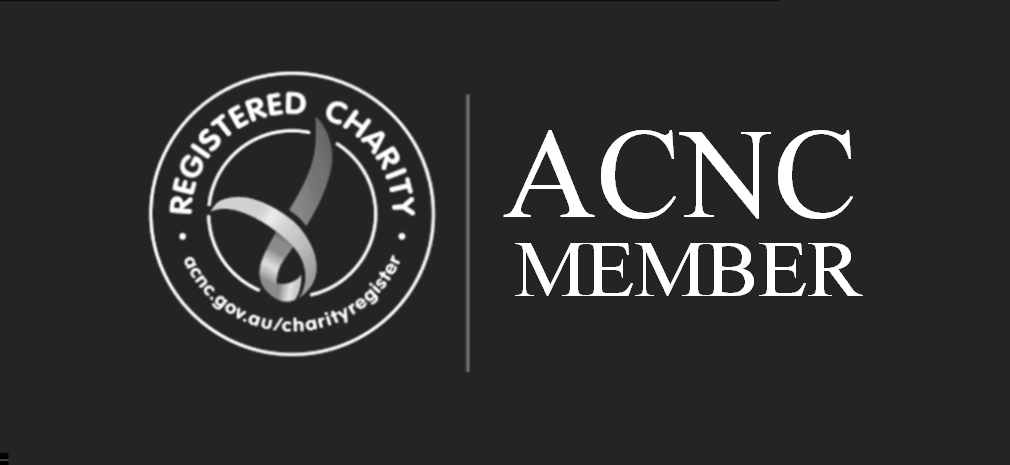DAISI is committed to excellence in every aspect of its conduct, and to minimise the social, environmental and ethical impact of its supply chain.
By incorporating these considerations into procurement decisions, we endeavour to make a positive contribution to society and the environment. We have introduced a Code of Practice, which we apply equally to both ourselves and our suppliers. This seeks to ensure that we, and our supplier, act in a responsible manner.
If found that a supplier’s conduct does not align with our Code of Practice, we will engage with that supplier and encourage continuous improvement in their performance in the relevant areas.
In support of the Code of Practice, DAISI will:
a) Assign responsibility for the Ethical Procurement Policy and associated Code of Practice to named individuals and provide Management through our own internal systems.
b) Measure and monitor the application of the Policy and Code of Practice.
c) Review and revise the Policy and Code of Practice on an annual basis.
d) Conduct assessments based on the Code of Practice on our suppliers.
The DAISI Ethical Procurement Code of Conduct sits within our established procurement practices to ensure compliance with all applicable Laws and Regulations. To implement the Ethical Procurement
Policy, DAISI will:
a) Work collaboratively with suppliers to improve environmental, social and ethical standards with the aim of continuous improvement in all three areas for ourselves and our suppliers.
b) Protect the confidentiality of information provided to us.
c) Recognise suppliers existing standards and policies regarding environmental, social and ethical issues, where aligned with those in the Code of Conduct.
d) Not require suppliers to work to responsible standards more onerous that DAISI works to.
e) Ensure all employees are aware of the Ethical Procurement Policy.
f) Ensure that procurement management is responsible for establishing the compliance of key suppliers with the Supplier Code of Conduct.
g) Seek to exert commercial influence where we are confident that improvements can be made in environment, social or ethical performance of suppliers.
h) Ensure our supplier selection process takes due consideration of environmental, social and ethical performance.
i) Cease trading with any supplier that shows persistent disregard for the three areas of responsible performance.
j) Act as an advocate for ethical supply chain practices within our industry
k) Use a risk‐based approach to ensure focus on areas deemed the greatest risk, where maximum results can be achieved.
DAISI expects that all our suppliers adhere to the following principles set out below.
a) Suppliers are expected to have their own Ethical Procurement policies in place for delivering compliance with principles set in the Code of Practice.
b) Suppliers should comply with all relevant legislation in the countries in which they operate, and all relevant International Labour Organisation (ILO) conventions.
c) Suppliers are expected to communicate expectations for compliance with Ethical procurement issues to their employees and supply chain.
d) Suppliers should provide evidence to enable assessment of their implementation of the Code of
Practice by DAISI, or those acting on behalf of DAISI.
e) Suppliers should demonstrate continuous improvement in their sustainable and responsible purchasing.
Code of Practice
Society
DAISI seeks to ensure that the working conditions at suppliers meet the standards of the ILO and
Universal Declaration or Human Rights (UDHR).
We expect our suppliers to demonstrate the following standards of social compliance:
a) Employment Terms – All workers should be provided with clear, written contracts which details the terms and conditions of their employment. Contracts should be clearly understandable to each employee, and any work performed should be in compliance with relevant local or international law.
b) Working Hours – Working hours must not be excessive and comply with local and international laws. Overtime should be voluntary and compensated accordingly.
c) Renumeration – Wages and benefits should meet local laws and standards. Employees should be provided with clear written information on pay and conditions. Excessive deductions from wages should not be permitted as a disciplinary measure.
d) Equality – Organisations should seek to eliminate discrimination of access to employment, training and working conditions, on the grounds of race, colour, ethnicity, gender, age, religious beliefs, political opinion, sexual orientation or disability, and promote equality in opportunity and treatment.
e) Child Labour – Organisations should ensure that local and international laws are met regarding working ages of their employees. Children or young person under the age of 18 shall not be employed at night or in hazardous conditions.
f) Forced Labour – There must be no forced, bonded or involuntary labour. No workers should be made to surrender deposits or identity papers to their employers and should be free to leave after giving reasonable notice as per their employment contract.
g) Health, Safety and Hygiene – All employees should expect to work in an environment that is safe and healthy. Adequate steps should be put into place to prevent accidents from occurring in the normal course of work. All employees should receive appropriate Health and Safety training and have access to clean toilets and clean drinking water as required.
h) Discipline – Physical abuse, the thread of physical abuse, sexual or other harassment, verbal abuse and other forms of intimidation are not acceptable. Disciplinary and grievance procedures must be clearly documented and communicated to all employees. Appropriate records of disciplinary procedures must be documented.
i) Freedom of Association and Employee Representation – All employees are free to form and join organisations of their own choosing without prior authorisation.
Environment
DAISI looks to ensure that appropriate attention is paid to environmental issues within the supply chain. In all cases, suppliers must be able to demonstrate environmental polices to ensure continuous improvement in performance.
Therefore, supplier should be able to demonstrate:
a) Documented policies regarding environmental management.
b) The ability to monitor and review performance in relation to environmental impact.
c) The degree to which operations are covered by recognised environmental management systems, or the organisations intention to gain such accreditation.
d) The awareness of potential environmental risk inherent in their production, service or sourcing activities.
e) The implementation of processes to mitigate potential environmental risks
f) The degree to which products and services have been designed with environmental
considerations in mind.
Suppliers should seek to:
g) Minimise use of energy, water and raw materials in production and operation processes where practical.
h) Maximise the use of recycled/recyclable/renewable materials including energy sources.
i) Conduct practical efforts to minimise waste and ensure disposal of it in a safe, efficient and environmentally responsible manner.
j) Avoid contamination of the local environment in regards to emissions, air, noise or other pollution is, at a very least, within locally defined limits.
Ethics
DAISI adheres to ethical standards and promotes similar standards within our supply chain. Suppliers should be able to demonstrate processes and procedures to implement appropriate codes of conduct.
Suppliers should ensure that practices exist to prevent the following:
a) Money Laundering
b) Conflicts of Interest
c) Fraud, Corruption, Bribery and other improper payments/gifts
d) Unauthorised access to personal and business information


